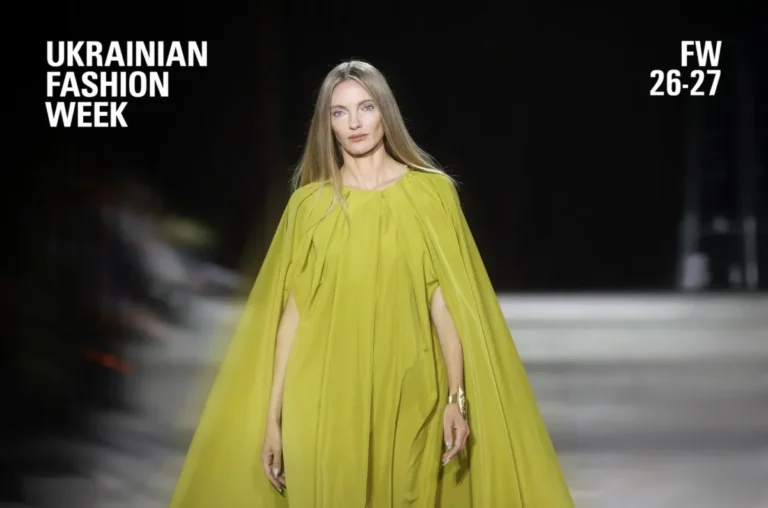
Odesa Film Festival 2025: Cinema That Doesn't Stay Silent
This July, Odesa will once again become a stage — not just for cinema, but for cultural resistance. The Odesa International Film Festival is more than an artistic event. It’s a space where a country scarred by war still finds the strength to create, to surprise, and to speak — honestly, deeply, and humanely.
In 2025, despite ongoing shelling, economic hardship, and air raid alarms, the festival returns. From July 10 to 15, Ukraine will hear not only sirens but also applause — for the powerful stories told on screen.
A History of Resilience
The festival was born in 2010 out of a dream: to give Ukraine its own Cannes-style leap forward. Over a decade, it evolved from a local gathering into an international player. In Odesa, people began filming, writing, debating. The Potemkin Stairs became a symbol — not just of the city, but of the festival itself: grandeur, heritage, openness.
In 2022, after the full-scale invasion began, the festival was canceled — and reimagined. In 2023 and 2024, it took place partly online, partly in Kyiv, and partly in Poland. And with each edition, its purpose grew. It was no longer just about art — but about memory, experience, and resistance.
Festival 2025: What’s New and What to Expect
National Competition
These are Ukrainian stories, filmed during wartime. Stories of exhaustion and tenderness, despair and hope. Films that don’t sugarcoat reality but help people endure it. Expect debut works from directors from Kharkiv and Chernivtsi, stories of soldiers, volunteers — even a film shot entirely in a bomb shelter.
International Competition
Films from Poland, Germany, Italy, France, Canada — the voices shaping European cinema today. But this year, the focus shifts toward dialogue with Ukraine. Many featured films are co-productions or projects inspired by the war.
Documentaries
Raw reality. Volunteer footage. Voices from the frontlines. At the same time — stories of love, birth, food, and generational ties. Because life doesn’t stop, even when the sky is roaring.
Potemkin Stairs: A Living Symbol
If security conditions allow, one of the main open-air screenings will return to the Potemkin Stairs — for the first time since the war began. A moment of freedom: hundreds of viewers, a live orchestra, light on people’s faces. A reminder that Odesa is alive. And it’s not giving up.
Film School & Film Industry Office
The festival is also about learning and supporting creators:
- Film School — free workshops with international directors and screenwriters. This year’s focus: filmmaking during war, ethical storytelling, and preserving identity.
- Film Industry Office — a space for co-productions and partnership building. A place to pitch projects, seek funding, and connect with distributors across Europe.
Relevant
Why Does Ukraine Need a Film Festival During Wartime?
1. To preserve itself
Culture is what remains when everything else disappears. It gives meaning when logic fails.
A festival is about memory, presence, and humanity.
2. To speak to the world
Instead of yet another news headline — a film. A child in a shelter. A mother at the border. A father on the front line. Suddenly, it’s not data — it’s real life. Stories more powerful than statistics.
3. To protect the future
A festival is not only about film. It’s about choice — to stay emotionally, creatively, and culturally alive. Even amid destruction, we still have the right — and the need — to create.
Premieres and Highlights
- Opening film: “After the Dream,” a Ukrainian-Polish co-production shot in the Kyiv region.
- Featured guests: Confirmed participation of Roman Balayan, Marysia Nikitiuk, and Polish director Agnieszka Holland.
- Restored classic: A 1990s Ukrainian archival film, digitally restored with the support of the Goethe Institute.
The Odesa International Film Festival is proof that culture is not something we save for “after the war” — it exists during. Because war cannot take away our right to love, to reflect, to create. And in that — lies our strength.
If we can still come together and watch a film, we are still alive. If we can still feel — love, laughter, tears — we can still endure. And we can still win.














